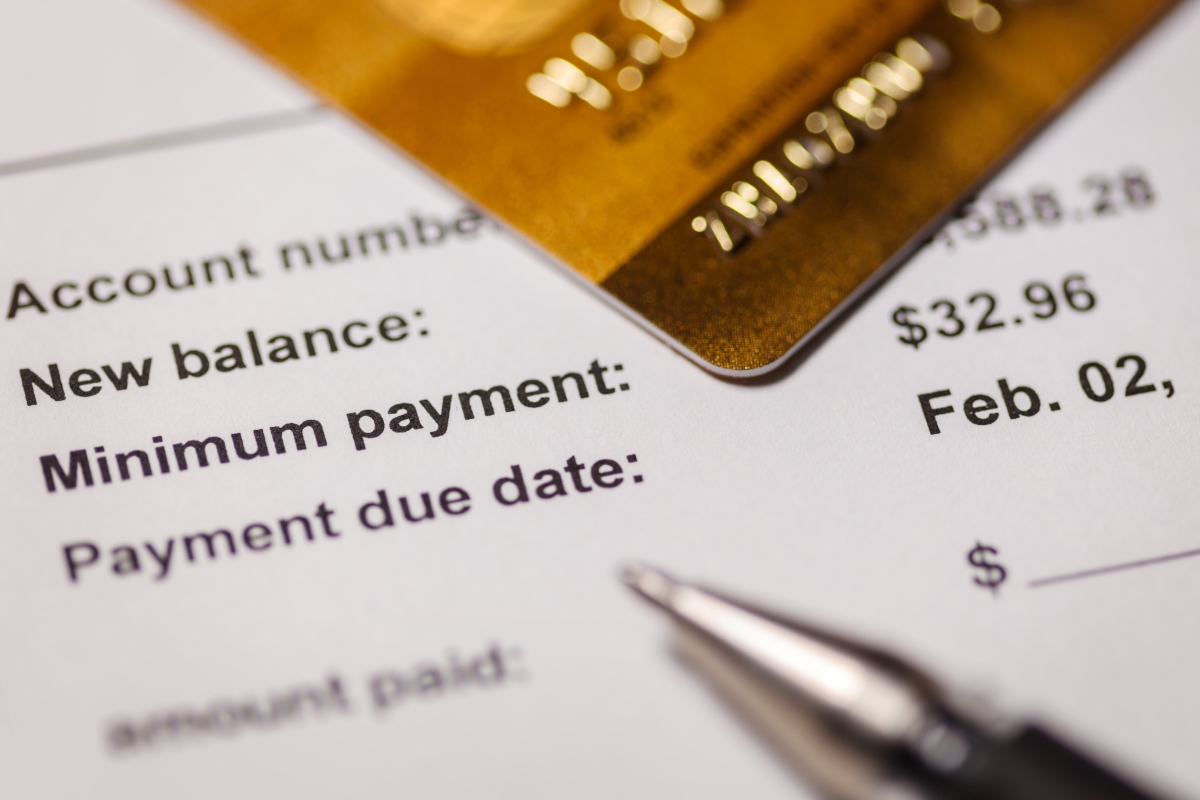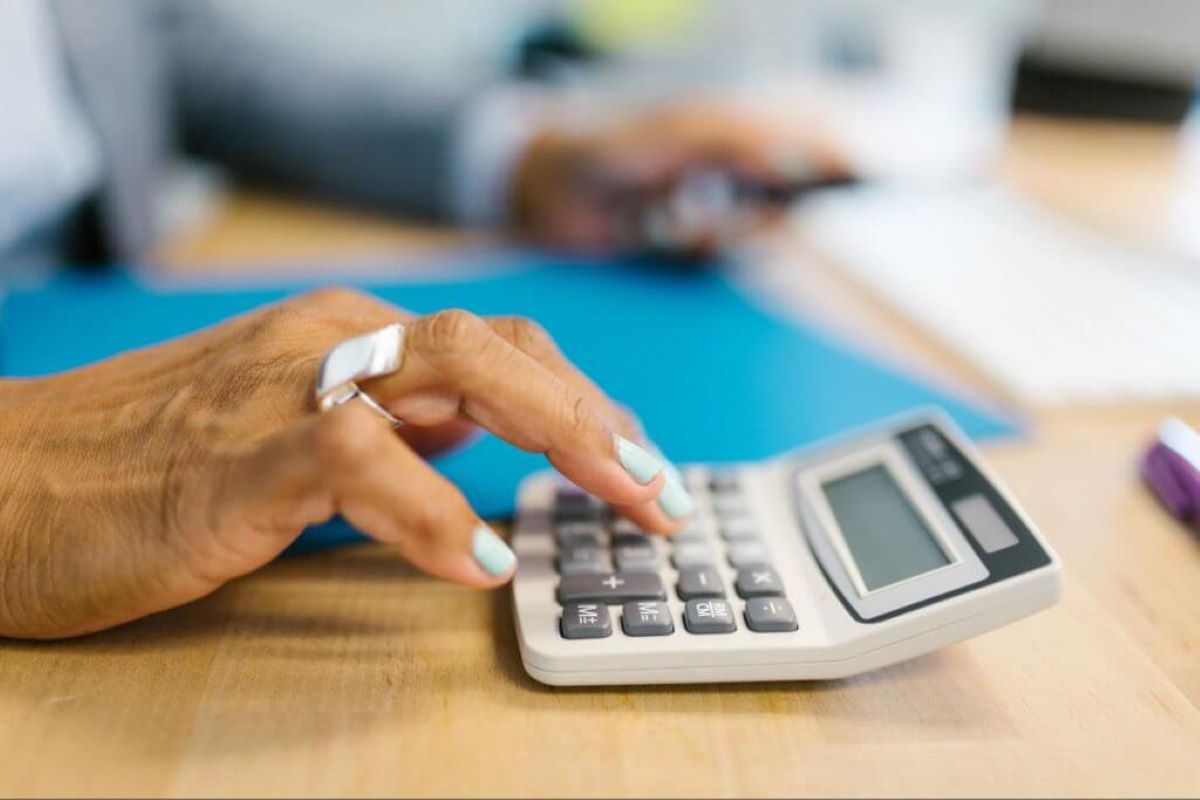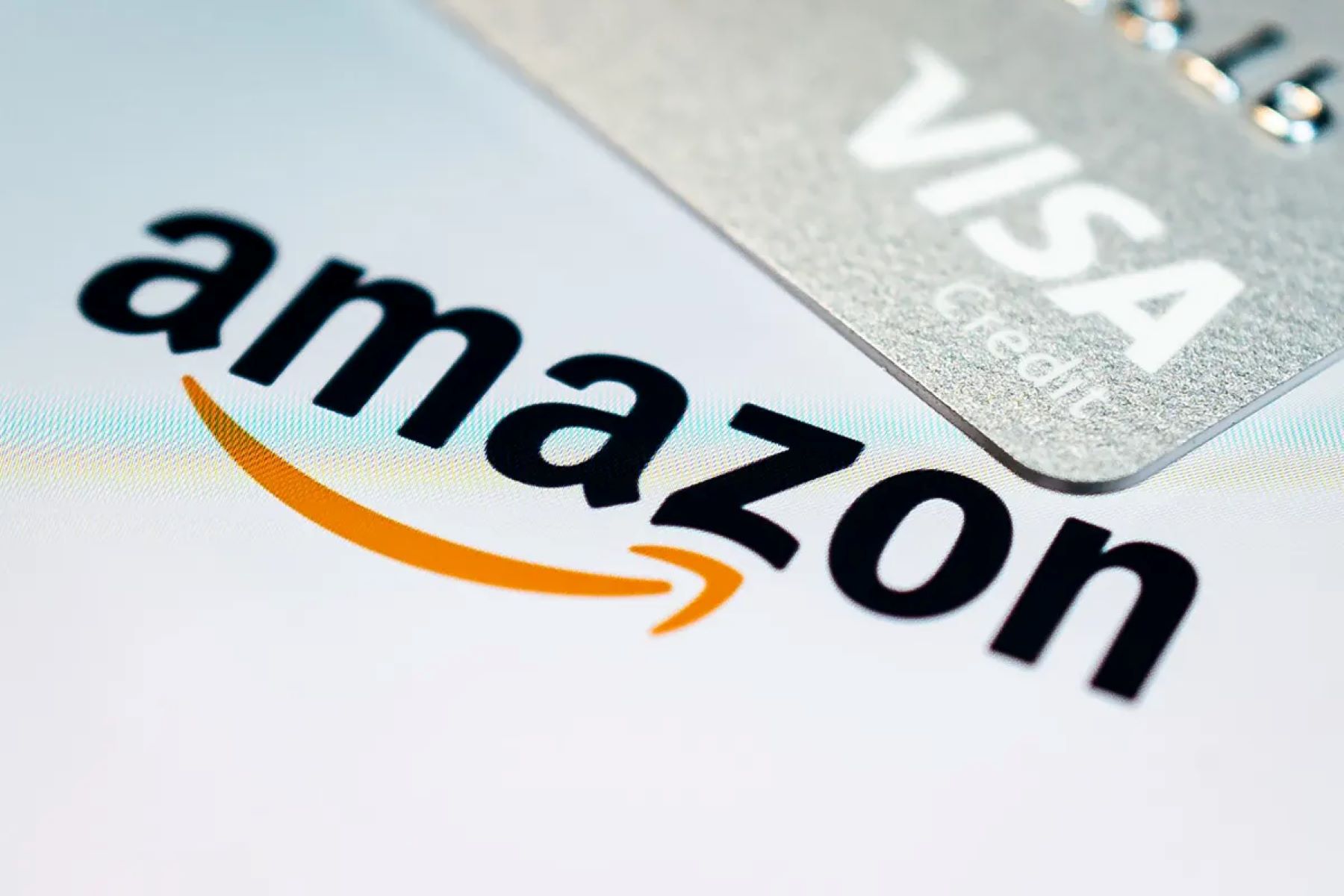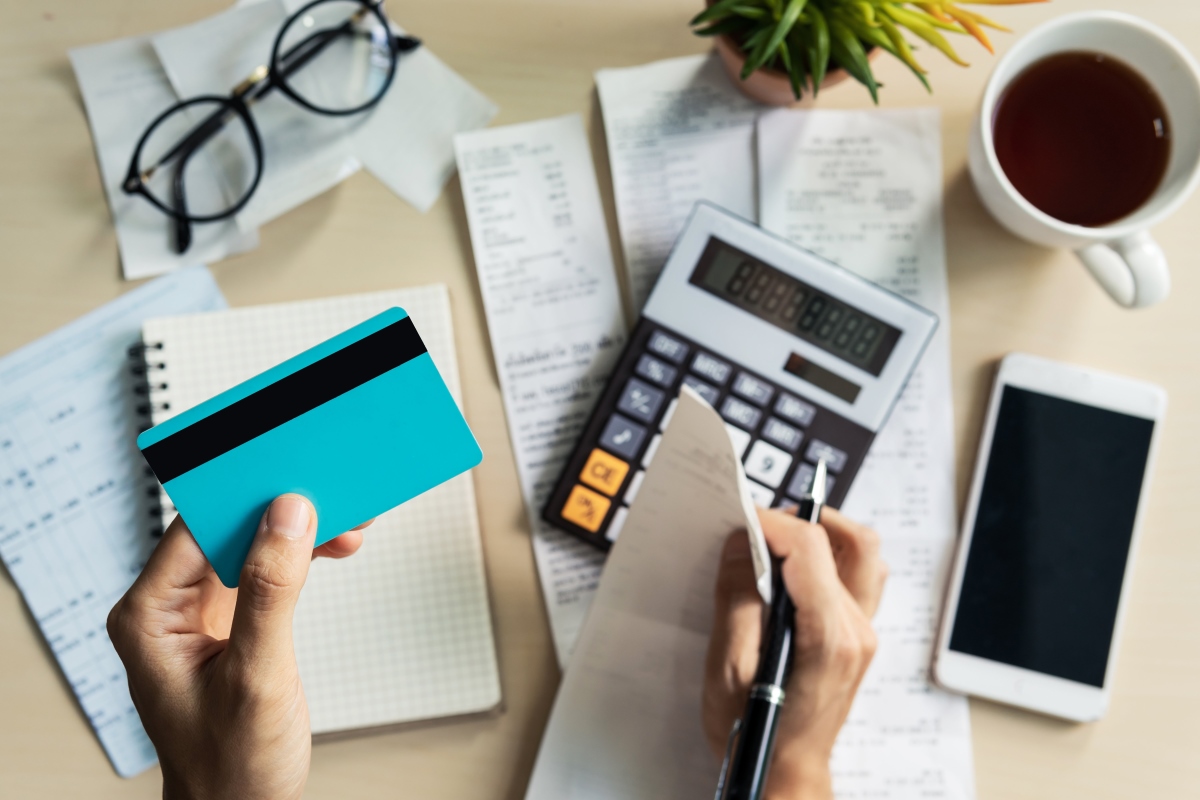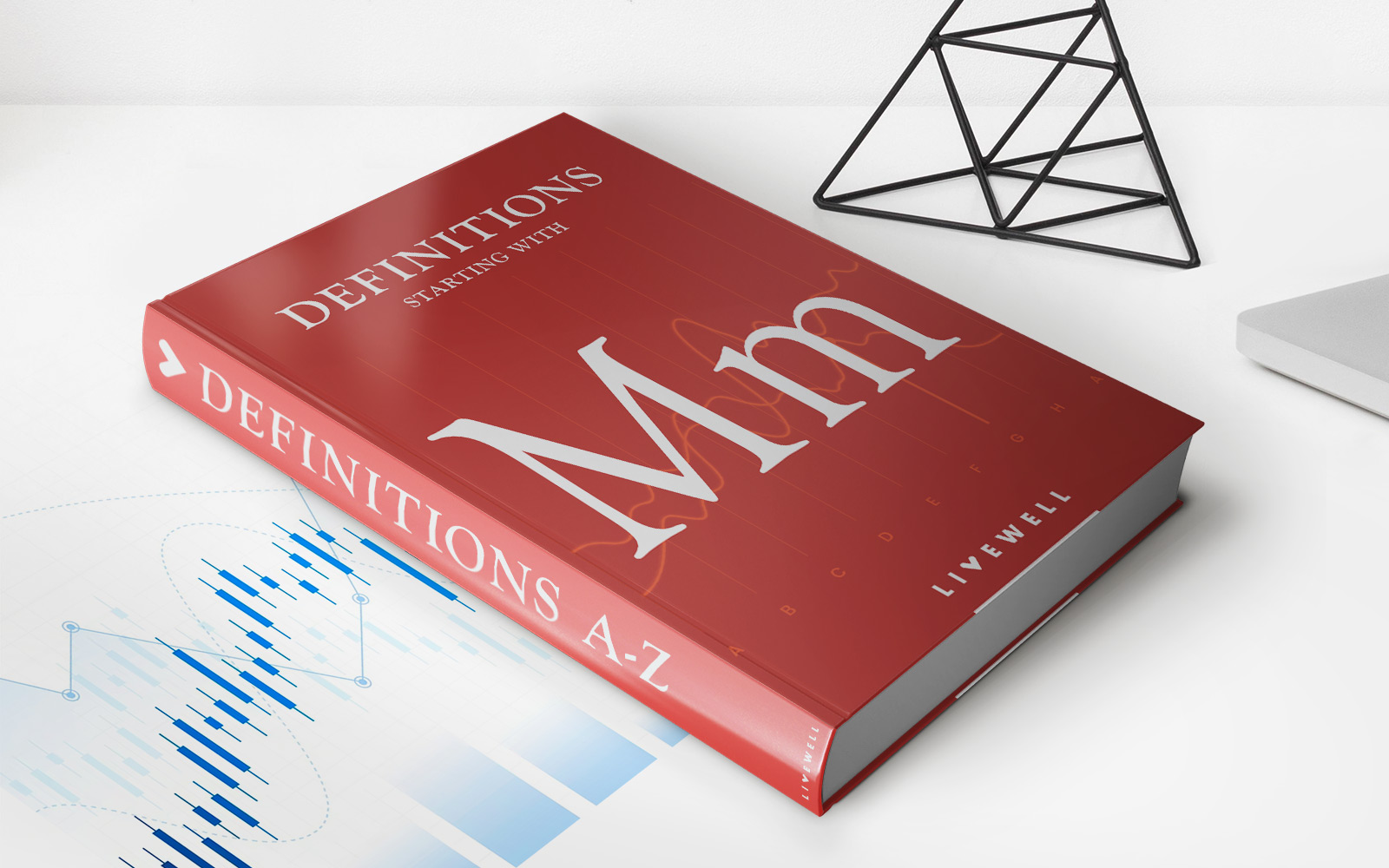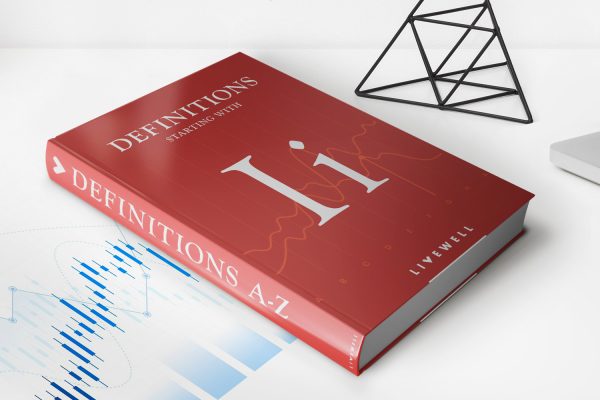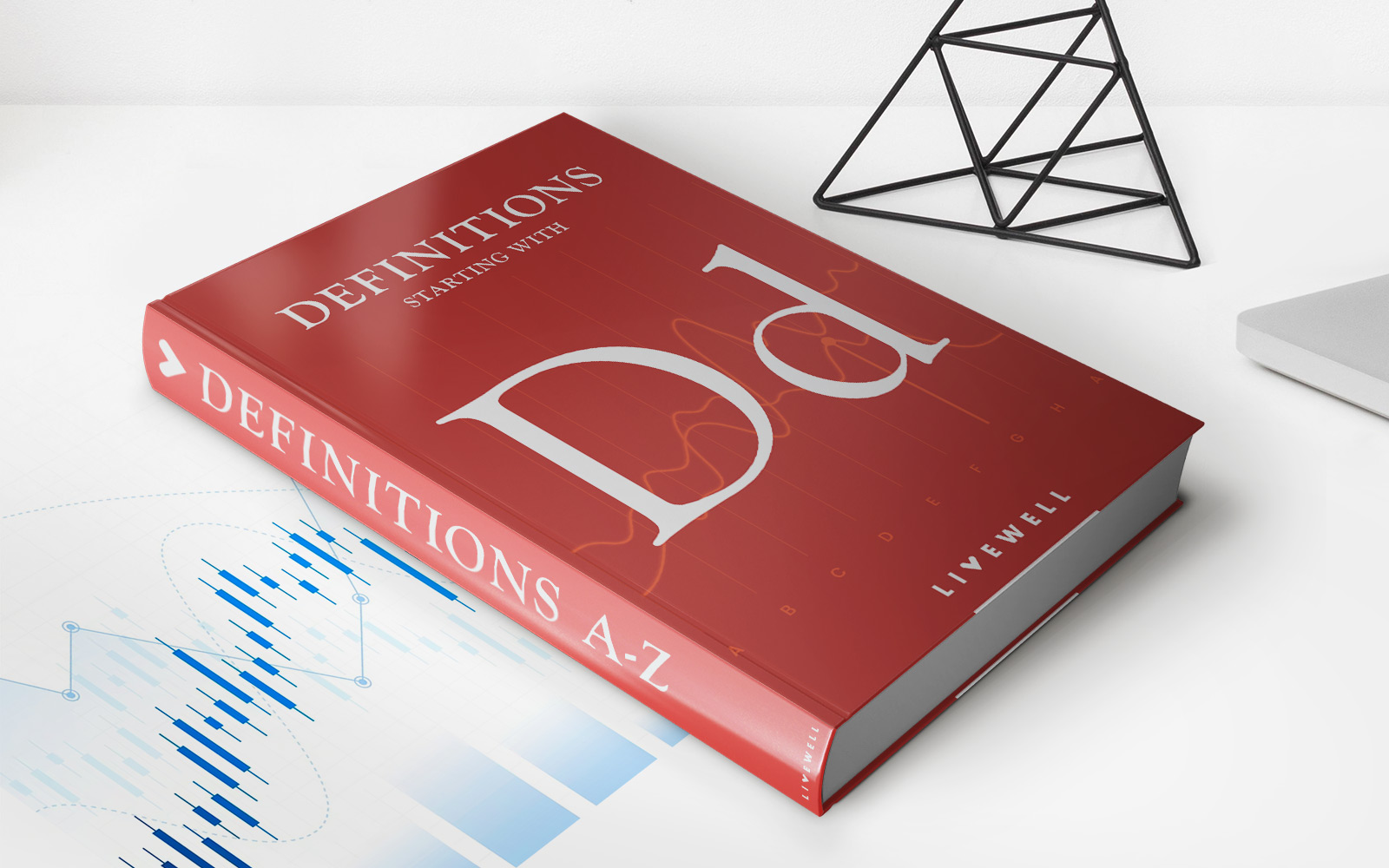Home>Finance>How Long Would It Take To Pay Off A Credit Card If Paying The Minimum Payment
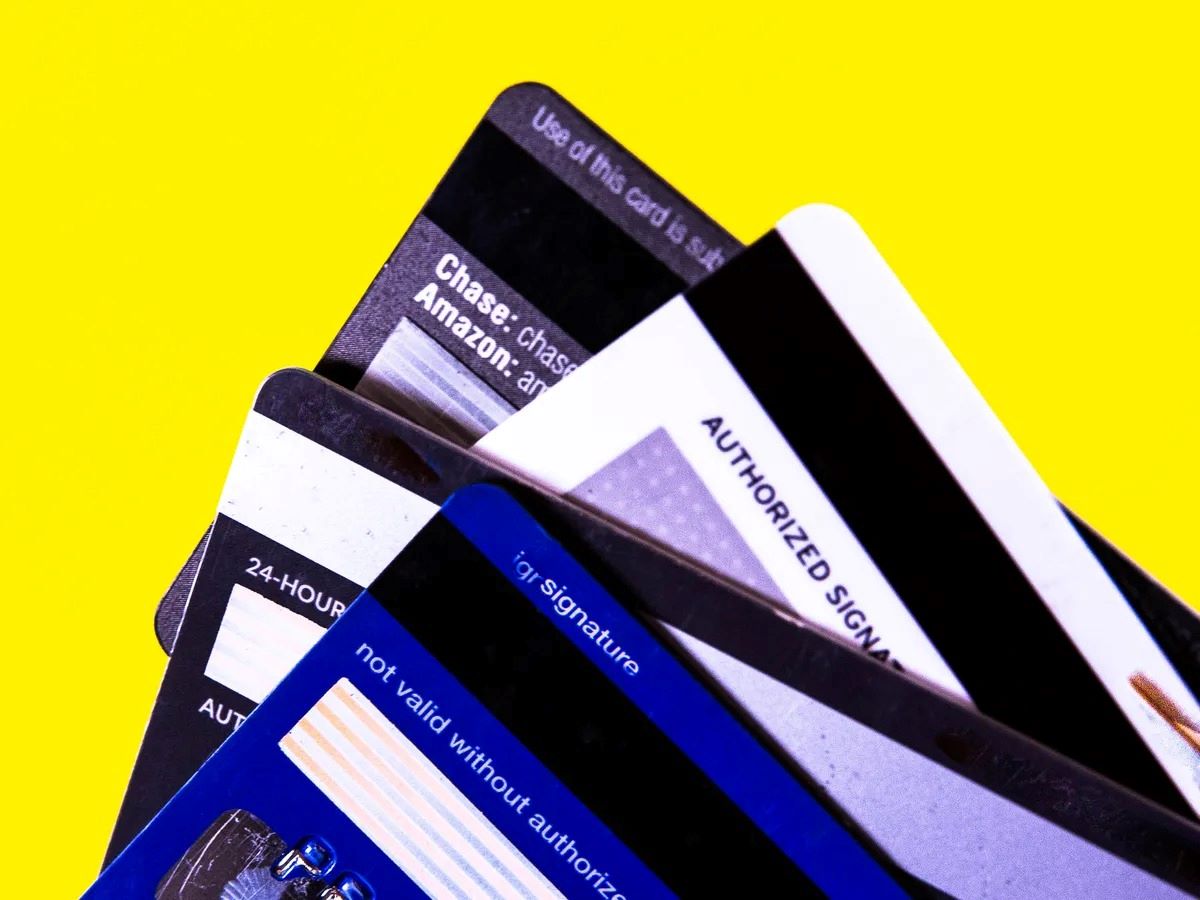

Finance
How Long Would It Take To Pay Off A Credit Card If Paying The Minimum Payment
Published: February 26, 2024
Find out how long it takes to pay off a credit card by making only minimum payments. Get expert tips and advice on managing your finances.
(Many of the links in this article redirect to a specific reviewed product. Your purchase of these products through affiliate links helps to generate commission for LiveWell, at no extra cost. Learn more)
Table of Contents
Introduction
Understanding the Dynamics of Credit Card Minimum Payments
Credit cards have become an integral part of modern-day financial transactions, offering convenience and flexibility. However, the ease of swiping a credit card often leads to a common pitfall: accumulating debt. Many individuals find themselves grappling with credit card balances that seem insurmountable, especially when only making the minimum monthly payment. In this article, we will delve into the intricacies of credit card minimum payments and explore the factors that influence the time it takes to pay off a credit card when adhering to these minimum payments.
When making only the minimum payment on a credit card, it might feel like treading water in a vast ocean of debt. The minimum payment is typically a small percentage of the total balance, often around 1-3% of the outstanding amount, with a minimum dollar value. While this may provide temporary relief, it can significantly extend the time required to pay off the debt and result in substantial interest accrual. Understanding the implications of adhering to minimum payments is crucial for anyone seeking to take control of their financial well-being.
Throughout this article, we will explore the various factors that can impact the time it takes to pay off a credit card when only paying the minimum, such as interest rates, outstanding balance, and additional charges. Furthermore, we will discuss strategies and techniques that can expedite the process of debt repayment, empowering individuals to break free from the cycle of long-term credit card debt. By gaining insight into these aspects, readers will be equipped with the knowledge needed to make informed financial decisions and work towards achieving financial freedom.
Understanding Credit Card Minimum Payments
The Impact of Minimum Payments on Credit Card Debt
Credit card minimum payments are the smallest amount that a cardholder must pay each month to keep the account in good standing. While this may seem like a manageable way to chip away at a credit card balance, it’s essential to comprehend the significant impact of adhering to minimum payments. When individuals only pay the minimum amount due, they are likely to face a prolonged and arduous journey to become debt-free.
One crucial aspect to consider is the composition of the minimum payment. It typically consists of a small percentage of the outstanding balance, often around 1-3%, coupled with any interest and fees accrued during the billing cycle. As a result, the minimum payment may not even cover the interest charges, let alone make a substantial dent in the principal balance. This perpetuates a cycle where the debt lingers, and interest continues to accumulate, leading to a ballooning balance over time.
Moreover, the structure of minimum payments can vary between credit card issuers, with some employing different formulas to calculate the minimum amount due. Understanding these calculations is vital for individuals aiming to gain control over their credit card debt. Additionally, the impact of minimum payments is exacerbated by high-interest rates, as a significant portion of the minimum payment goes towards interest rather than reducing the principal balance.
It’s important for individuals to realize that adhering to minimum payments often translates to paying a substantial amount in interest over the long term. This can result in individuals ultimately paying much more than the original amount of their purchases, making it imperative to explore alternative strategies for debt repayment. By comprehending the implications of minimum payments, individuals can make informed decisions regarding their credit card usage and repayment methods, ultimately working towards financial stability and freedom from debt.
Factors Affecting Credit Card Payoff Time
Influential Elements in Determining Credit Card Payoff Duration
Several factors play a pivotal role in determining the duration required to pay off a credit card balance, especially when adhering to minimum payments. Understanding these elements is crucial for individuals seeking to gain control over their financial obligations and work towards becoming debt-free. By recognizing the impact of these factors, individuals can make informed decisions and devise effective strategies to expedite the credit card payoff process.
- Interest Rates: The interest rate on a credit card is a significant determinant of the time required to pay off the balance. Higher interest rates result in more of the minimum payment going towards interest rather than reducing the principal balance, prolonging the payoff duration.
- Outstanding Balance: The total amount owed on the credit card directly affects the payoff time. A larger outstanding balance means that even if the minimum payment is made consistently, it will take longer to clear the debt.
- Additional Charges and Fees: Fees such as late payment charges and over-limit fees can further exacerbate the credit card payoff duration, increasing the overall amount owed and extending the repayment timeline.
- Payment Frequency: The frequency of payments, even if they are only the minimum, can impact the payoff time. Making bi-weekly or additional payments can help reduce the outstanding balance more rapidly.
- Financial Discipline: Personal financial habits and discipline also influence the time required to pay off a credit card. Individuals who refrain from adding new charges to the card and allocate additional funds towards repayment can expedite the payoff process.
By taking these factors into account, individuals can gain a comprehensive understanding of the dynamics involved in credit card payoff. This knowledge empowers them to devise a tailored approach to debt repayment, focusing on mitigating interest accumulation, reducing the outstanding balance, and ultimately achieving financial freedom.
Strategies for Paying Off Credit Card Debt Faster
Empowering Techniques to Accelerate Credit Card Payoff
While the prospect of paying off credit card debt may seem daunting, implementing effective strategies can significantly expedite the process, leading to financial liberation and peace of mind. By adopting proactive approaches and leveraging prudent financial tactics, individuals can take control of their credit card debt and work towards a debt-free future.
- Payment Beyond the Minimum: Allocating funds beyond the minimum payment can substantially reduce the outstanding balance, thereby minimizing interest accumulation and expediting the payoff duration. Even modest additional contributions can yield significant long-term savings.
- Debt Snowball or Avalanche Method: Implementing the debt snowball or avalanche method involves prioritizing either the smallest balance or the highest interest rate debt while making minimum payments on other cards. This targeted approach can streamline debt repayment and provide a sense of accomplishment as individual debts are cleared.
- Consolidation or Balance Transfer: Consolidating multiple credit card balances into a single loan with a lower interest rate or transferring balances to a card with an introductory 0% APR offer can help individuals save on interest and expedite the payoff process.
- Budgeting and Expense Reduction: Crafting a comprehensive budget and identifying areas where expenses can be trimmed can free up additional funds to allocate towards credit card repayment, accelerating the payoff timeline.
- Seeking Additional Income: Exploring opportunities for supplemental income, such as freelancing, part-time work, or selling unused items, can provide an extra financial cushion to expedite debt repayment.
- Financial Counseling and Education: Seeking guidance from financial professionals and leveraging educational resources can equip individuals with the knowledge and tools needed to navigate the complexities of credit card debt and develop effective repayment strategies.
By implementing these strategies and tailoring them to individual financial circumstances, individuals can proactively work towards paying off their credit card debt faster, ultimately achieving greater financial stability and freedom from the burden of high-interest debt.
Conclusion
Empowering Financial Freedom Through Informed Debt Repayment
As we conclude our exploration of credit card minimum payments and debt repayment strategies, it becomes evident that proactive financial management and informed decision-making are instrumental in achieving freedom from the shackles of credit card debt. Understanding the implications of adhering to minimum payments and the influential factors affecting credit card payoff duration empowers individuals to take control of their financial well-being and work towards a debt-free future.
By recognizing the impact of interest rates, outstanding balances, additional charges, and personal financial habits, individuals can devise tailored strategies to expedite credit card payoff. Whether it involves allocating additional funds towards repayment, employing debt reduction methods, or seeking financial guidance, there are various avenues to accelerate the debt repayment process and pave the way for financial liberation.
It is crucial for individuals to approach credit card usage with prudence and to cultivate financial discipline to avoid falling into the cycle of long-term debt. By implementing proactive strategies, such as budgeting, seeking supplemental income, and leveraging educational resources, individuals can navigate the path to debt freedom with confidence and determination.
Ultimately, the journey towards paying off credit card debt faster is a testament to resilience, financial acumen, and the unwavering commitment to reclaiming financial independence. By embracing these strategies and fostering a proactive mindset, individuals can transcend the burden of high-interest debt and embark on a path towards a more secure and prosperous financial future.
